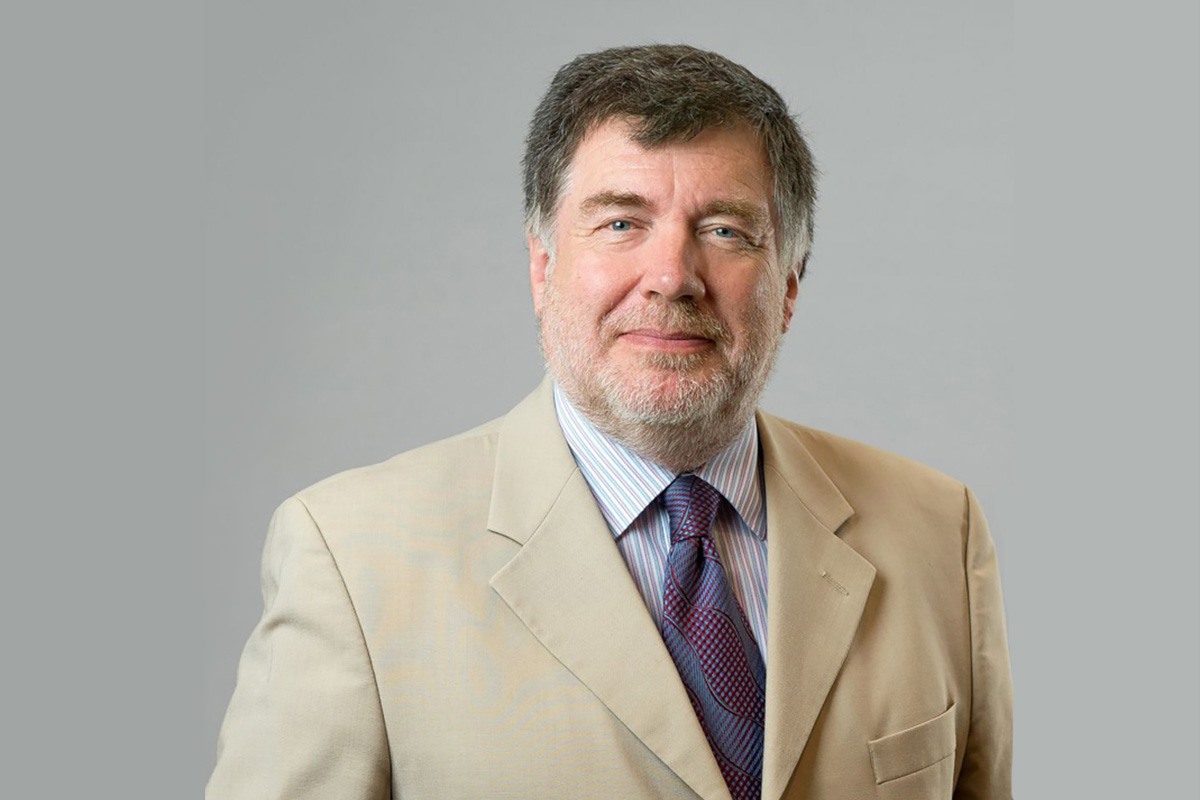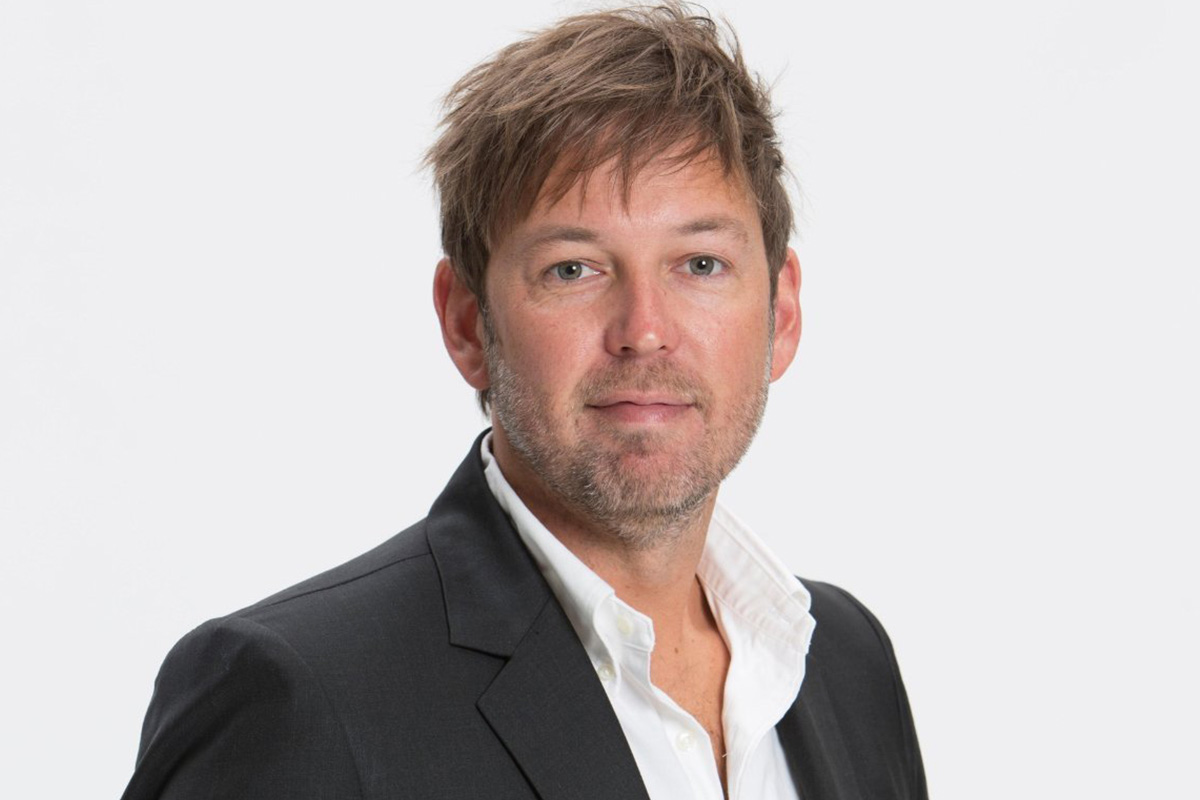The global trend in cannabis legalization and acceptance of the plant as medicine took another leap forward recently. New Zealand’s largest medical cannabis firm and the leading British expert in medical cannabis recently joined forces to host a ‘Masterclass in Medical Cannabis’ series to educate local doctors and healthcare professionals about the benefits of incorporating the plant into their prescription.
Professor Mike Barnes, a highly experienced consultant neurologist and the Director of Education for the Academy of Medical Cannabis based in London, and Helius Therapeutics hosted three ‘Masterclass in Medical Cannabis’ events in Auckland, Wellington and Christchurch, the first RNZCGP-endorsed professional training of its kind.
Paul Manning, CEO of Helius believes it is “absolutely critical that New Zealand’s doctors have access to professional training in advance of locally-produced medicinal cannabis products becoming widely available from next year.”
“As the country’s largest medical cannabis firm, I feel it’s incumbent on Helius to invest in educational opportunities for healthcare professionals, in what is a rapidly emerging field of clinical practice,” said Manning.
We sat down with Prof. Barnes and Paul Manning to discuss the importance of education, the global trend of cannabis legalization and their mutual concern of the specialist sign-off requirement that’s recommended in the discussion document on New Zealand’s Medicinal Cannabis Scheme.
Professor Mike Barnes

Professor Mike Barnes
Cannabis Aficionado: Why do you think doctors are so hesitant to prescribe medical cannabis?
Professor Mike Barnes: There are several reasons: lack of knowledge and lack of guidance, also medical cannabis products being unapproved medicines, which means the doctor had to take additional responsibility — so they can be scared of prescribing!
Education is key to informed decision making. In an ideal world, what educational resources would you like medical professionals to have access to?
As many different formats as possible. On-line training, one-day masterclasses like we ran in New Zealand, and written material.
What do you think the most compassionate legal cannabis model looks like?
Wide access to all that may benefit without restriction on conditions that can be treated. Leave it up to the doctor to decide whether its right for that patient (like any other medicine). Allow all doctors (specialists and GPs) to prescribe any GMP standard product.
What parallels do you believe New Zealand has with the U.K. with regards to thoughts around cannabis legalization?
Very similar — general doctor reluctance to be involved — although I felt much more interest than we have in the U.K. That’s for medical cannabis of course. General legalization for recreational use is at about 50:50 split in the U.K. now — similar again to New Zealand.
Have you seen N.Z.’s proposed medical cannabis scheme? If yes, what are your thoughts?
Yes, and it’s generally excellent. The main issue is the proposed prescribing restriction that requires specialist sign off, which is unnecessary. I believe that GPs would make very good prescribers as medical cannabis is mainly a symptom treater and GPs treat the sort of symptoms that cannabis helps all the time, such as chronic pain, anxiety, sleep problems, etc.
What three things do you wish all doctors knew about medical cannabis?
That it is very safe. It is generally different from unregulated cannabis and there is good evidence for several indications.
Any advice for New Zealand moving forward with legalization?
Make medical cannabis products available through GPs without the need for a specialist recommendation. Help all doctors to learn by organizing a range of educational opportunities. And don’t rely on the traditional medical bodies to provide guidance, as they are usually far too conservative – the wrong generation!
Paul Manning, CEO, Helius Therapeutics

Paul Manning, CEO, Helius Therapeutics
Cannabis Aficionado: Why does Helius believe that educating doctors is so important?
Paul Manning: Thousands of suffering New Zealanders will be relying on their GPs for professional advice about medicinal cannabis for a range of therapeutic possibilities, and if appropriate, to access to products on prescription. We strongly believe every Kiwi has a natural right to a pain-free existence.
However, access will not improve unless doctors are well-informed about medical cannabis and how to prescribe the products. Let’s not repeat the mistakes of Australia and the U.K., where doctors were simply unprepared for the changes, causing widespread frustration among patients.
This initiative marked New Zealand’s first RNZCGP-endorsed professional training in medicinal cannabis for doctors on a national scale. It’s a major milestone for our burgeoning medicinal cannabis industry, as well as the healthcare sector.
How did Prof. Barnes become involved?
Mike became widely known after the U.K. Government commissioned him in 2016 to assess evidence for the medical use of cannabis. I had read this report, Cannabis: The Evidence for Medical Use. It helped to change the direction of legislation in the U.K. and acted as a catalyst to the eventual rescheduling of medicinal cannabis in November 2018. He is also the author of more than a dozen books and 200 published papers, several of which have been referenced by our team.
Mike also famously consulted to Alfie Dingley’s case in England, a six-year-old boy who suffers from a rare form epilepsy that was causing up to 150 seizures a month. His seizures have been since dramatically reduced after being given cannabis products. Mike is the Director of Education at The Academy of Medical Cannabis, so I reached out to him about this opportunity.
Did he enjoy himself?
Absolutely. We had an ambitious schedule, to deliver three full-day masterclasses in three cities, so we were flat out, but it was a lot of fun too! I think Mike really liked New Zealand and I know he was very encouraged by the positive response from healthcare professionals down here.
What has the feedback been from attendees?
We had 330 healthcare professionals attend the three masterclasses. The feedback has been fantastic. The majority of attendees were general practitioners. It was a big commitment to join the class for a whole day, and I think this demonstrates just how open-minded many doctors are to medical cannabis.
What is the biggest reason you believe cannabis should be legalized for medical purposes?
Cannabis is an extraordinary, natural treatment for many chronic conditions. These products present alternative to many harsh drugs, such opioids, and can improve the lives of millions of people across the world.
What is one thing you wish people knew about the therapeutic benefits of medical cannabis?
You don’t need to get high to get healthy. Even products that contain THC need not necessarily come with a euphoric effect.
How can the public educate themselves on medical cannabis?
There are some wonderful resources available online, such as Project CBD. There’s a fantastic book by the National Academies of Sciences, Engineering, and Medicine with the snappy title The Health Effects of Cannabis and Cannabinoids: The Current State of Evidence and Recommendations for Research. We’re also working on a unified repository of the world’s published cannabis research, which will be launched in 2020.
Any plans for more events like this again?
You bet. The Masterclasses in Medical Cannabis were just the start. We’ll be rolling out a program of professional and public education initiatives over the next 24 months. Helius has also just signed a quarter-million dollar commitment with BiotechNZ to stage a major education event in New Zealand early next year.